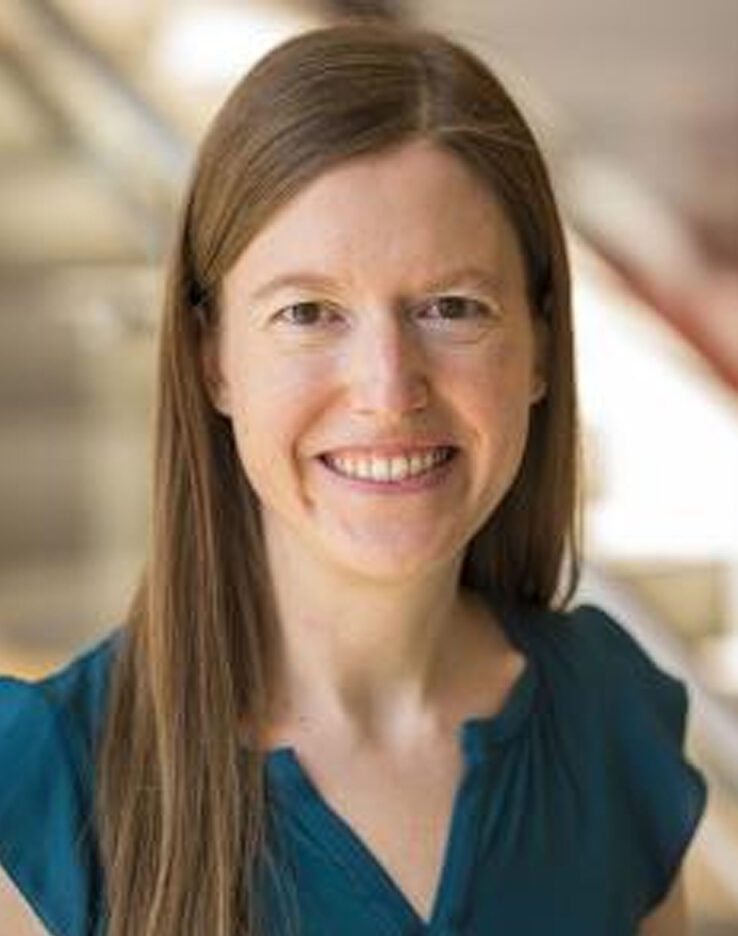Jill Gatlin

Education and Training
BA and BM, University of Colorado; MA, University of Washington; PhD, University of Washington.
Jill Gatlin
Division: College
Department: Liberal Arts
Jill Gatlin began teaching at NEC in 2008. Her teaching interests include interdisciplinary study of literature, art, and music, with particular emphases in American and minority literatures; theories of reading and empathy; romanticism, modernism and postmodernism; visual and literary landscapes; and cultural and environmental studies topics such as environmental justice, consumption and waste, race and nation, and gender and sexuality. She is dedicated to exploring the aesthetic pleasures, interpretive insights, and ethical prospects that may emerge from critically and creatively understanding and imagining the world through language and image. In the classroom, she aims to help students become confident critical thinkers, readers, writers, and speakers and to facilitate their discovery of the problems and possibilities of language, literary and visual texts, and cultural contexts. Gatlin has contributed to curriculum development projects including the Washington Center’s Curriculum for the Bioregion and Colorado State University’s 100 Views of Climate Change.
Gatlin’s research examines intersections of literature, visual culture, and environmentalism. Her book in progress, Reading Toxicity: Hierarchical Hazard, Audience Disturbance, and Narrative Form in American Literature, traces a history of narratives of pollution and toxicity from the nineteenth century to the present, examining the ways that writers disturb conventional empathic and identificatory reading practices to promote social action and environmental justice. Her publications include:
“Toxic Sublimity and the Crisis of Human Perception: Rethinking Aesthetic, Documentary, and Political Appeals in Contemporary Wasteland Photography.” ISLE: Interdisciplinary Studies in Literature and Environment 22.4 (2015): 717–741.
“Disturbing Aesthetics: Industrial Pollution, Moral Discourse, and Narrative Form in Rebecca Harding Davis’s ‘Life in the Iron Mills.’” Nineteenth-Century Literature 68.2 (2013): 201–233.
“The Potential and Limitations of Interactivity in Gary Snyder’s Urban Literary Ecology.” Toward a Literary Ecology: Places and Spaces in American Literature. Ed. Karen Waldron and Rob Friedman. Scarecrow/Rowman & Littlefield, 2013. 3–19.
“‘Los campos extraños de esta ciudad’/‘The strange fields of this city’: Urban Bioregionalist Identity and Environmental Justice in Lorna Dee Cervantes’s ‘Freeway 280.’” The Bioregional Imagination: Literature, Ecology, and Place. Ed. Cheryll Glotfelty, Tom Lynch, and Karla Armbruster. University of Georgia Press, 2012. 245–262.
“An Epistemology of the Everyday: Occupational Health and Environmental Justice in Hubert Skidmore’s Hawk’s Nest.” Literature and Medicine 27.2 (2008): 153–175.
“‘Experience is all we have’: Postpositivist Realist Ethics in Terry Tempest Williams’s Refuge: An Unnatural History of Family and Place.” A Wilderness of Signs: Ethics, Beauty, and Environment after Postmodernism. Ed. Joseph Jordan. Newcastle, UK: Cambridge Scholars, 2006. 173–188.
Curriculum Vitae
BA and BM, University of Colorado; MA, University of Washington; PhD, University of Washington.
Affiliated Departments and Programs
Liberal Arts
